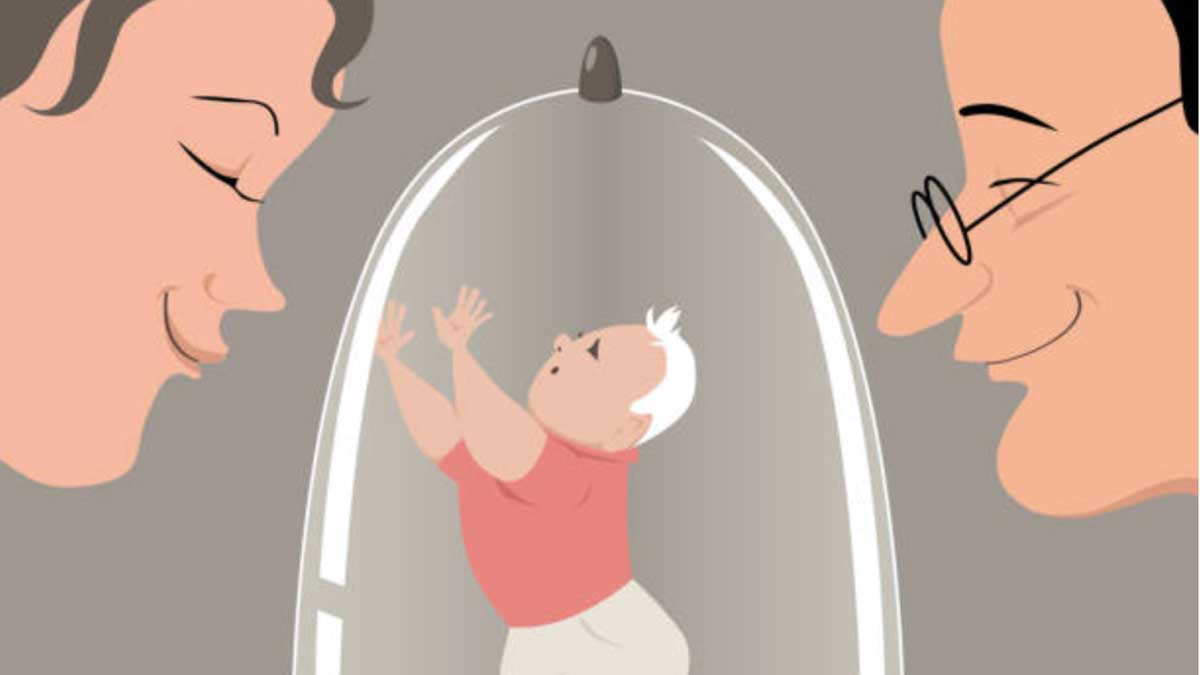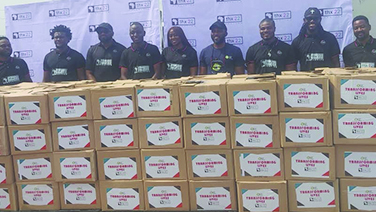
Overprotective parents show guarding behaviour that is excessive, considering the child’s developmental stage and the actual risk level in their environment. This extreme parenting approach is often chosen by parents in a loving but misguided attempt to improve their child’s outcome. Parents’ brains are wired to protect their offspring. But, when taken to the extremes, overprotection will do more harm than good.
Overprotective parents want to ensure their child’s wellbeing, but their efforts can be intrusive and even detrimental. These parenting styles can cause family dynamic issues and stunt the child’s overall development. There are many reasons parents shouldn’t be overprotective. The psychological effects of strict and overprotective parents can be significant. The most notable one is that it hurts their children’s growth and development into well-adjusted, independent adults.
Overprotective parents often tend to micromanage their children to prevent them from taking risks or getting hurt and short-change their abilities to grow in the process. Rick Joyner said: “If our life is always easy, it’s because we are called to a lesser purpose”. So many times, I listen to parents boasting pompously that the reason why they struggle so hard to get to where they are today is simply because their children wouldn’t have to pass through what they went through.
Such parents quickly forget that the main reason why they are comfortable and stable today is simply because of what they went through. I am not disputing the fact that there are some unnecessary ‘sufferings’ that must be avoided in life. But, we must realise that we are simply the outcome of the processes we have been through. Each one of us has challenges, problems and hindrances that are peculiar to our destination. Whatever your children have been programmed to go through is actually linked to where God is taking them to. Against popular thought pattern, obstacles are not meant to stop us; they are actually meant to make us stronger.
I observe that over-parenting or excessive interference of parents in the experiences of their children is gradually turning them into an ‘endangered species’. The core responsibility of parents is to prepare their children to function as independent adults in the society. We must stop short-circuiting their process of growth and churning up emotionally stunted children to the society. Parent should stop helping their children to ‘buy’ their way to the top. We must imbibe in them the culture of paying their own price to get to the top.
What many parents fail to realise is that the more we help our children to avoid facing their own challenges, the more we make them unfit for the future. Children who are not supervised to solve problems on their own end up becoming liabilities in life. Parents must face the obvious truth that we will not always be there for them. They must systematically design their “exit plan” from the lives of their children. We must train them to think independently of us and to see opportunities in the midst of life’s challenges. Winston Churchill said, “Difficulties mastered are opportunities won”.
There are some adversities that fortify us towards a more dangerous “unseen”. The best way to help children out of future misery is to allow them pass through present challenges. Helping children is good, but it must be timely and with Godly wisdom. Great parents don’t do things for their children; they do things with their children. Sometimes, we abuse our children when we do for them the things that they ought to have been prepared to do for themselves. Some parents go the extra mile to think for their children. When parents think for their children, they destroy the future ability of their wards to think independently of them.
So many times we abuse our children when we do for them what they are capable of doing for themselves. We must nip the dependence dilemma in the bud and provide the processes that evolve functional adults.
We must create an environment that allows children to fully live and experience life. We should prepare them emotionally to live independently. Refusal to create a platform for their independence may cause them to cling to unsecure “anchors” that are detrimental to their future. Parents need to nurture the capacity of their wards to reach emotional equilibrium in the face of unanticipated change, unexpected disappointment and other life’s adversities. This would develop their sense of responsibility and ability to manage risks. We need more critical thinkers, not mechanised robots.
Parents must be mature enough to expose their children to life situations that will shape them for the future. A smooth sea never made a skilful sailor. Every problem introduces a person to himself. Parents who tend to dominate their children’s choices eventually produce obedient but dependent children. We must encourage decision-making from an early age. We must subtly expose them to the risk of choices and consequences in life.
Teach your child(ren) to take a certain measure of hardship without turning to socialising agents for help or comfort. Our refusal to integrate this into their development process will indirectly teach them to seek attention from the wrong places- this is actually the origin of abusive relationships for most children. We must raise our children in a way that promotes self-confidence, adaptability, self-respect and optimism. In this way we reduce their vulnerability.
We need to have strong faith in the processes of ‘evolution’ of our children. The appalling situation whereby some parents help their children to ‘buy’ their way to the top must stop. Some parents even go to tertiary institutions to queue up in a line in order to help their children in the process of admissions and registration. Some parents even manipulate the marital choices of their children and interrupt their career choices and paths. The world is not waiting for over- pampered children; the world is waiting for responsible adults.
I recommend to every youth and parent to read this book: “Toxic Parents: Overcoming Their Hurtful Legacy and Reclaiming Your Life” by Susan Forward. It teaches you to understand that there are parents who do unloving things in the name of love.






